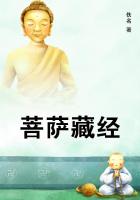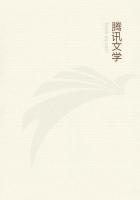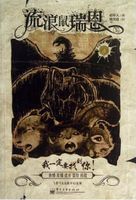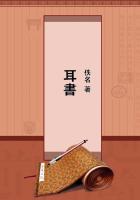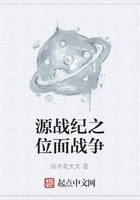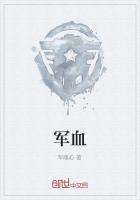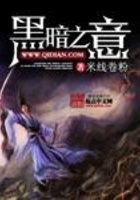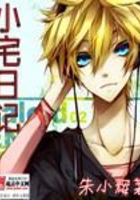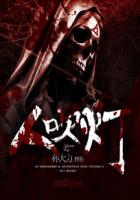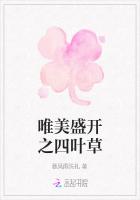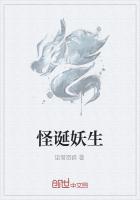The present Bogdo Khan of Outer Mongolia is a Tibetan. He sprang from a poor family living in the neighborhood of Sakkia Kure in western Tibet. From earliest youth he had a stormy, quite unaesthetic nature. He was fired with the idea of the independence and glorification of Mongolia and the successors of Jenghiz Khan.
This gave him at once a great influence among the Lamas, Princes and Khans of Mongolia and also with the Russian Government which always tried to attract him to their side. He did not fear to arraign himself against the Manchu dynasty in China and always had the help of Russia, Tibet, the Buriats and Kirghiz, furnishing him with money, weapons, warriors and diplomatic aid. The Chinese Emperors avoided open war with the Living God, because it might arouse the protests of the Chinese Buddhists. At one time they sent to the Bogdo Khan a skilful doctor-poisoner. The Living Buddha, however, at once understood the meaning of this medical attention and, knowing the power of Asiatic poisons, decided to make a journey through the Mongol monasteries and through Tibet.
As his substitute he left a Hubilgan who made friends with the Chinese doctor and inquired from him the purposes and details of his arrival. Very soon the Chinese died from some unknown cause and the Living Buddha returned to his comfortable capital.
On another occasion danger threatened the Living God. It was when Lhasa decided that the Bogdo Khan was carrying out a policy too independent of Tibet. The Dalai Lama began negotiations with several Khans and Princes with the Sain Noion Khan and Jassaktu Khan leading the movement and persuaded them to accelerate the immigration of the Spirit of Buddha into another human form. They came to Urga where the Bogdo Khan met them with honors and rejoicings. A great feast was made for them and the conspirators already felt themselves the accomplishers of the orders of the Dalai Lama. However, at the end of the feast, they had different feelings and died with them during the night. The Living Buddha ordered their bodies sent with full honors to their families.
The Bogdo Khan knows every thought, every movement of the Princes and Khans, the slightest conspiracy against himself, and the offender is usually kindly invited to Urga, from where he does not return alive.
The Chinese Government decided to terminate the line of the Living Buddhas. Ceasing to fight with the Pontiff of Urga, the Government contrived the following scheme for accomplishing its ends.
Peking invited the Pandita Gheghen from Dolo Nor and the head of the Chinese Lamaites, the Hutuktu of Utai, both of whom do not recognize the supremacy of the Living Buddha, to come to the capital. They decided, after consulting the old Buddhistic books, that the present Bogdo Khan was to be the last Living Buddha, because that part of the Spirit of Buddha which dwells in the Bogdo Khans can abide only thirty-one times in the human body. Bogdo Khan is the thirty-first Incarnated Buddha from the time of Undur Gheghen and with him, therefore, the dynasty of the Urga Pontiffs must cease. However, on hearing this the Bogdo Khan himself did some research work and found in the old Tibetan manuscripts that one of the Tibetan Pontiffs was married and his son was a natural Incarnated Buddha. So the Bogdo Khan married and now has a son, a very capable and energetic young man, and thus the religious throne of Jenghiz Khan will not be left empty. The dynasty of the Chinese emperors disappeared from the stage of political events but the Living Buddha continues to be a center for the Pan-Asiatic idea.
The new Chinese Government in 1920 held the Living Buddha under arrest in his palace but at the beginning of 1921 Baron Ungern crossed the sacred Bogdo-Ol and approached the palace from the rear. Tibetan riders shot the Chinese sentries with bow and arrow and afterwards the Mongols penetrated into the palace and stole their "God," who immediately stirred up all Mongolia and awakened the hopes of the Asiatic peoples and tribes.
In the great palace of the Bogdo a Lama showed me a special casket covered with a precious carpet, wherein they keep the bulls of the Dalai and Tashi Lamas, the decrees of the Russian and Chinese Emperors and the Treaties between Mongolia, Russia, China and Tibet. In this same casket is the copper plate bearing the mysterious sign of the "King of the World" and the chronicle of the last vision of the Living Buddha.

